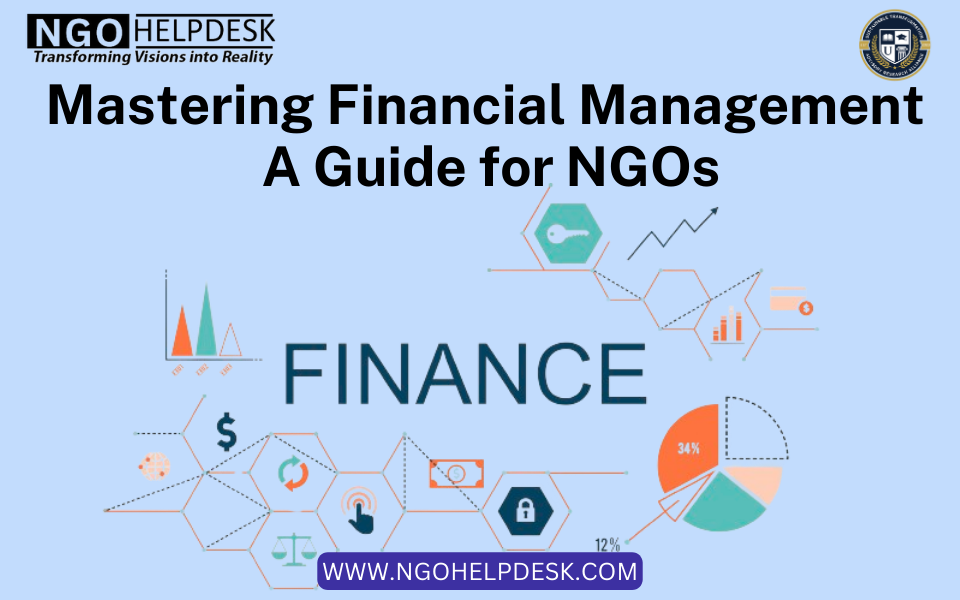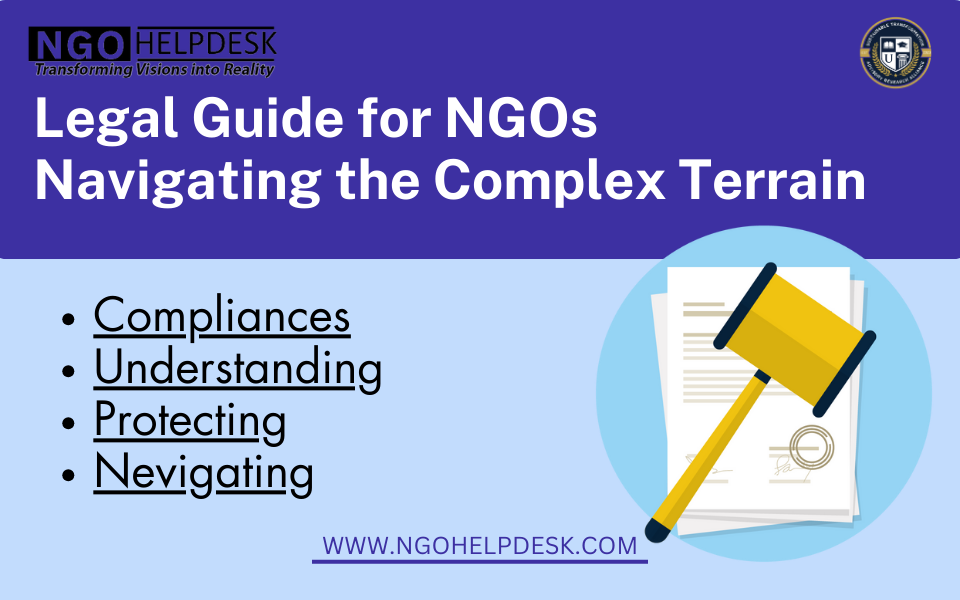
Introduction:
Effective financial management is the cornerstone of a successful NGO, ensuring resources are used wisely to achieve the organization’s mission. In this comprehensive guide, we’ll cover the essential aspects of financial management for NGOs, including budgeting, financial planning, cash flow management, and accountability measures.
Budgeting for Success:
Budgeting is the roadmap that guides an NGO’s financial decisions and activities. Start by identifying income sources, such as grants, donations, and fundraising activities, and estimating expenses for programs, operations, and administration. Creating a detailed budget allows NGOs to allocate resources efficiently, prioritize spending, and plan for future sustainability.
Strategic Financial Planning:
Financial planning goes beyond budgeting—it involves setting long-term financial goals and developing strategies to achieve them. NGOs should assess their financial health, identify areas for growth or improvement, and develop plans to mitigate risks and seize opportunities. Strategic financial planning ensures that the organization remains resilient and adaptable in the face of challenges.
Effective Cash Flow Management:
Cash flow management is essential for maintaining liquidity and ensuring ongoing operations. NGOs must monitor cash inflows and outflows, anticipate timing variations, and maintain sufficient reserves to cover expenses during lean periods. By implementing cash flow projections and contingency plans, NGOs can avoid cash shortages and maintain financial stability.
Accountability Measures:
Accountability is paramount in NGO financial management, ensuring transparency and trust among stakeholders. Implementing accountability measures involves establishing clear financial policies and procedures, conducting regular audits, and providing accurate and timely financial reporting. NGOs should adhere to ethical standards and regulatory requirements to demonstrate responsible stewardship of resources.
Conclusion:
Mastering financial management is essential for NGOs to fulfill their mission and achieve lasting impact. By prioritizing budgeting, financial planning, cash flow management, and accountability measures, NGOs can optimize resource allocation, mitigate risks, and build trust with donors, volunteers, and beneficiaries. Embrace these financial management essentials to propel your NGO towards sustainable growth and success.





